Continue Reading
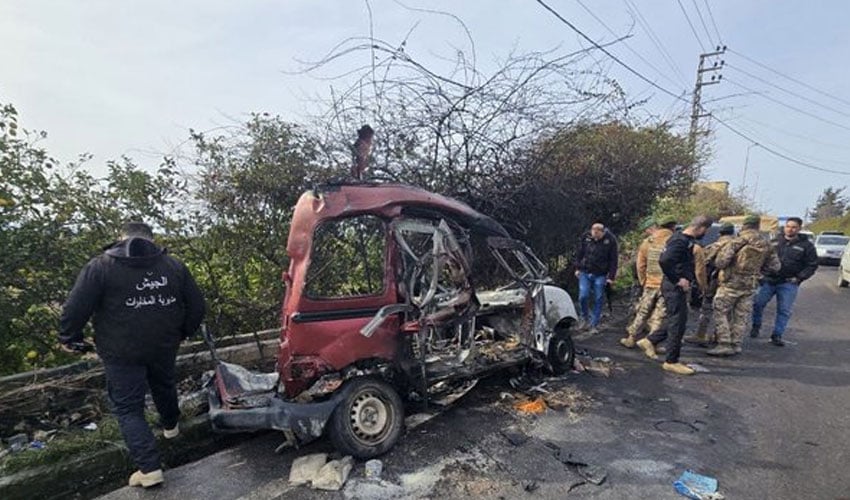
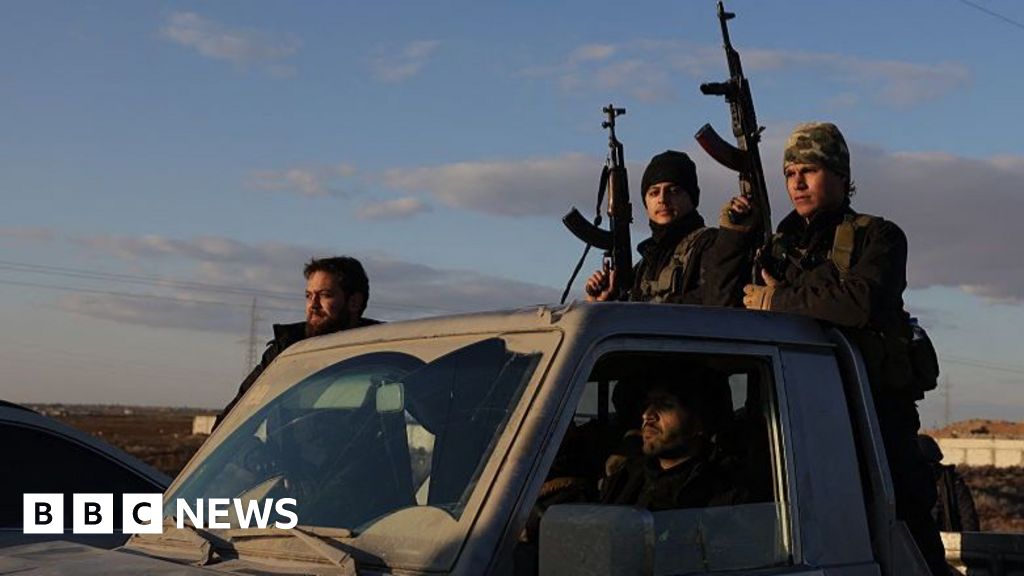
Hugo BachegaMiddle East correspondent, Beirut
 AFP
AFPPresident Ahmed al-Sharaa has made significant advances in his efforts to unify a deeply fractured Syria, reclaiming…
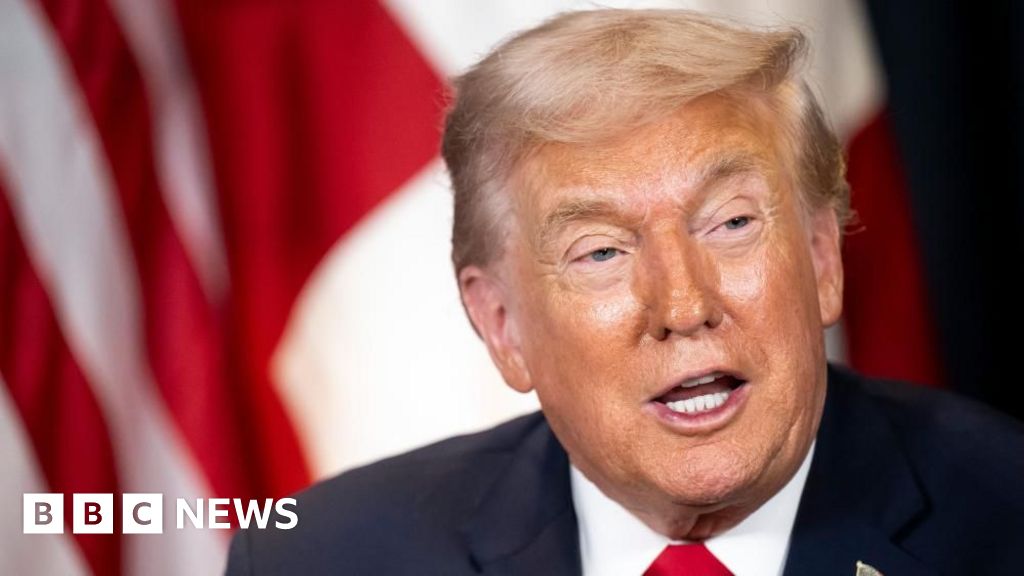
 EPA
EPAUS President Donald Trump has announced that there is a “framework of a future deal with respect to Greenland”.
The statement came as a surprise after days of mounting tensions, culminating with a threat to impose economic sanctions on eight…
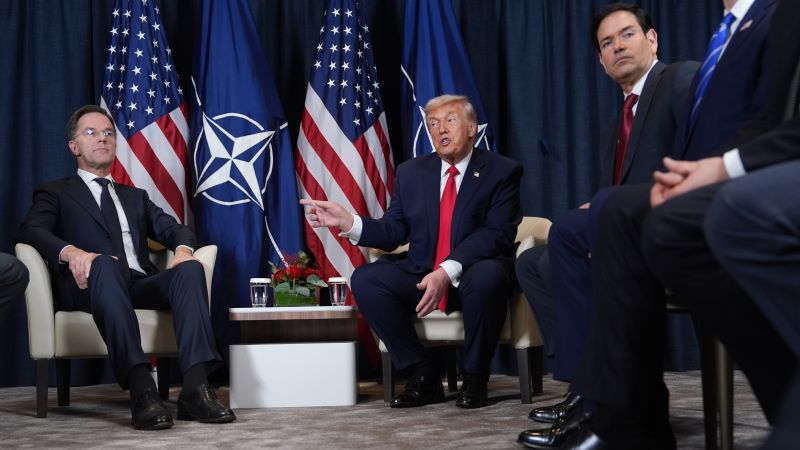
Just a few days ago, European leaders were scrambling to respond to US President Donald Trump’s increasingly aggressive rhetoric about taking control of Greenland, and bracing for an avalanche of insults as he…

Voldymyr Zelenskyy was reported on Wednesday evening to be bound for Davos after Donald Trump appeared to summon him to the World Economic Forum. The Ukrainian president had said a day earlier that he did not expect to attend the conference…
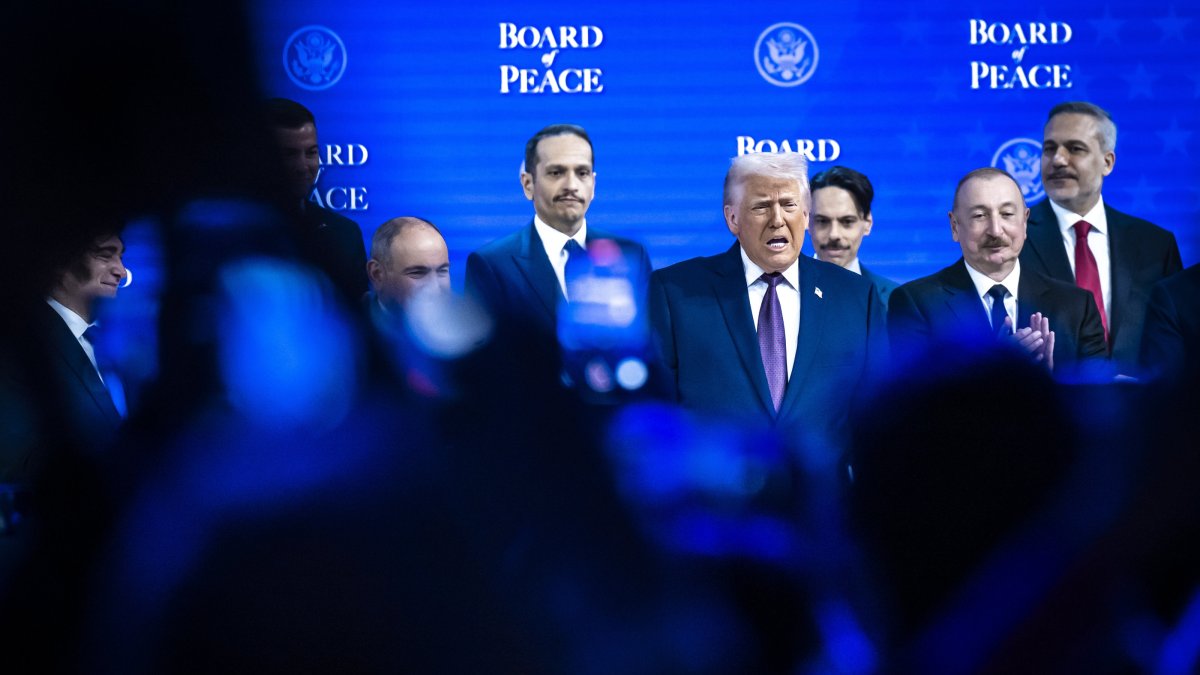
Foreign Minister Hakan Fidan joined representatives of countries signing the “Board of Peace” charter unveiled by U.S. President Donald Trump on Thursday in Davos, Switzerland.
In an interview with local media on Tuesday,…

Donald Trump has said an agreement with Nato on Greenland will give the US full and permanent access to the island, as the defence alliance’s secretary general said its members would have to step up their presence in the Arctic.
A day after…